The Dispute Between IG Kanja and NPSC Over Police Hiring
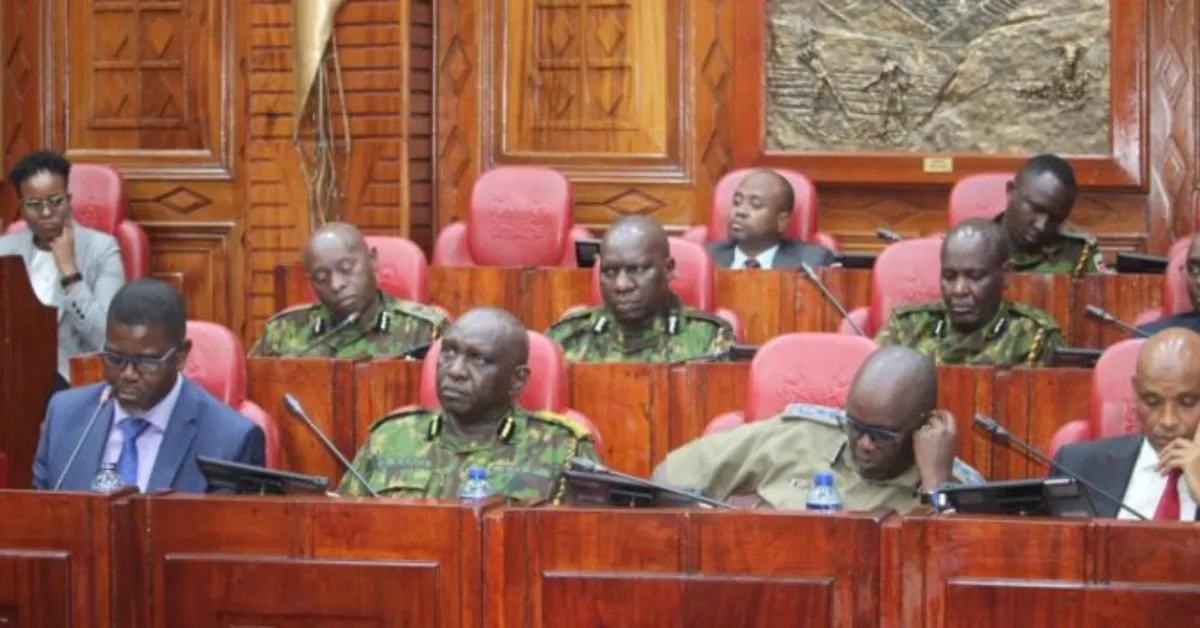
A parliamentary committee has given the National Police Service (NPS) and the National Police Service Commission (NPSC) a two-day deadline to end a standoff that has halted the planned recruitment of 10,000 police constables.
The Constitution Implementation Oversight Committee, chaired by Suba South MP Caroli Omondi, summoned senior officials from both agencies on Tuesday and instructed them to agree on a recruitment date by Thursday. The committee also directed the NPS and NPSC to address ongoing administrative disputes, including payroll control, and to submit a full report on their resolution within 60 days.
The impasse centres on a dispute over who should oversee the recruitment and manage a Sh379 million budget allocation. The NPSC claims it is ready to conduct the process independently, citing enhanced technical capacity, while the NPS argues that it has the legal and financial authority, having received the funds directly from the National Treasury.
A letter dated 10 June confirms that only Sh75 million has so far been released, and that the money was sent to the police service, not the commission. The committee rejected the commission’s proposal to digitise the recruitment process, stating that no legal framework currently supports such a system.
“You cannot anticipate law. The recruitment will be done as we direct,” said Mr Omondi, affirming Parliament’s role in ensuring procedural oversight.
Beyond the budgetary dispute, the recruitment process faces scrutiny over longstanding concerns, including corruption and regional imbalance. Reports of nepotism and political interference at the sub-county level have raised questions about the fairness of past exercises.
Critics argue that such practices undermine merit-based hiring and contravene constitutional requirements for ethnic diversity in public service. Trans Nzoia Governor George Natembeya has questioned the fairness of recent pass-out parades, suggesting that some regions receive a disproportionate number of training slots.
He voiced concerns over the transparency of the selection process and the possible exclusion of qualified candidates from underrepresented areas.
The NPSC’s physical eligibility criteria have also been criticised. Male applicants must be at least 173 centimetres tall and weigh 54.55 kilogrammes, while women must meet a height minimum of 160 centimetres and weigh at least 50 kilogrammes.
Female candidates must not be pregnant during the nine-month training period. While the commission defends these requirements on operational grounds, some leaders say they unfairly disadvantage otherwise qualified youth, particularly in a country with high unemployment.
Commission CEO Peter Leley has previously defended the standards, telling a Senate committee that the physical demands of policing require strong recruits. “Most criminals are strong… That is why we need heavily built officers,” he said.
Interior Cabinet Secretary Kipchumba Murkomen and Inspector-General Douglas Kanja have acknowledged corruption in the recruitment process and pledged reforms.

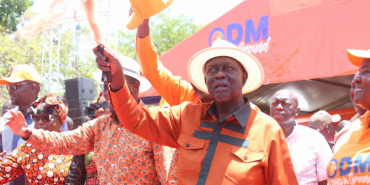
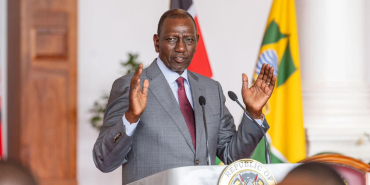
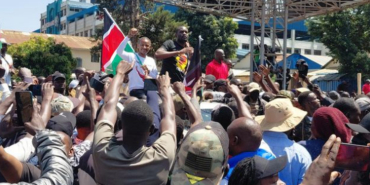
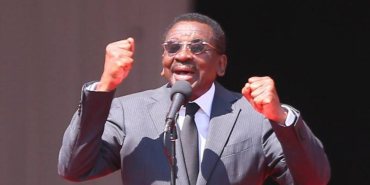
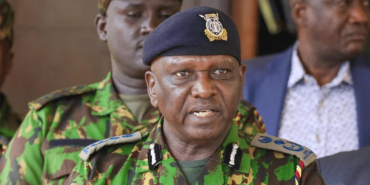

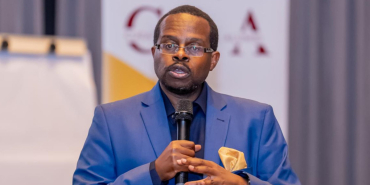
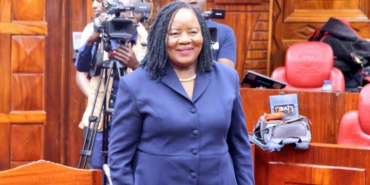





Add new comment